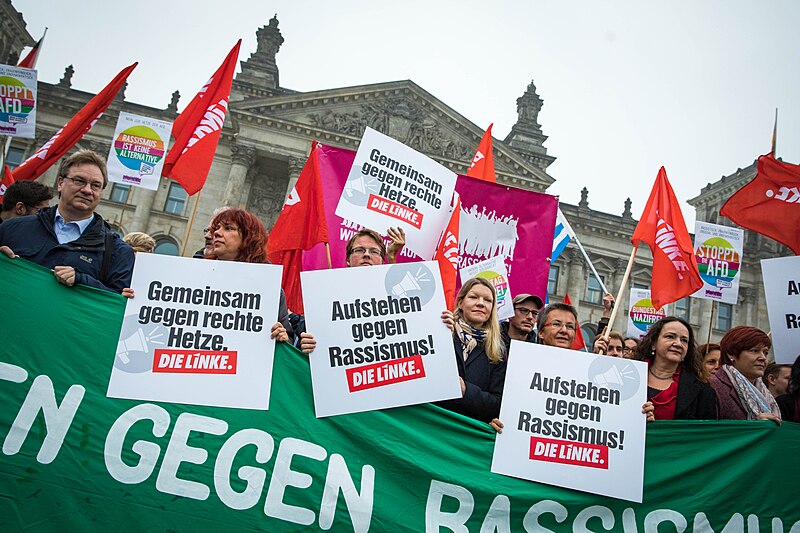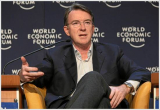
A newly released poll has intensified concerns over the rising political influence of the far-right Alternative for Germany (AfD) party, as billionaire tech mogul Elon Musk’s intervention appears to
have significantly boosted their standing.
The survey results indicate that Musk, the owner of social media platform X, has helped propel AfD into second place, with party leader Alice Weidel emerging as the leading contender for the position of German chancellor. Labour MP Blair McDougall, a member of the UK Parliament’s Foreign Affairs Committee, has described the development as “utterly terrifying,” branding Musk as “the most irresponsible man on Earth.”
The poll’s release coincides with the recent global commemoration of the 80th anniversary of the liberation of the Auschwitz death camp, a solemn reminder of Adolf Hitler’s genocide that claimed the lives of six million Jews.
Last weekend, Musk spoke at an AfD rally in Halle, eastern Germany, where he urged Germans to move beyond historical guilt. In a controversial remark seemingly referencing Nazi-era crimes, he stated, “Children should not be guilty of the sins of their parents, let alone their great-grandparents.”
Musk’s comments and public appearances have drawn sharp criticism, particularly following accusations that he made a far-right salute at a Donald Trump inauguration celebration—an allegation he has denied.
AfD gains ground in polls
The poll, conducted by the Washington DC-based Democracy Institute, suggests that Germany’s political landscape is shifting. The centre-right Christian Democratic Union (CDU) leads with 27%, only slightly ahead of AfD, which has surged to 25%. Chancellor Olaf Scholz’s Social Democrats (SPD) trail at 15%, with the Greens following closely at 13%.
More strikingly, AfD leader Alice Weidel has emerged as the preferred candidate for chancellor, securing 35% support—significantly ahead of CDU’s Friedrich Merz at 26% and Scholz at 15%.
Growing concerns over political alliances
The findings come in the wake of a major political shift, as CDU leader Merz recently broke an 80-year convention by aligning with the far-right in votes on migration policy. This unprecedented move has raised further concerns about the normalization of far-right politics in Germany.
Public reaction to Musk’s role
The poll reveals that more Germans disapprove of Musk’s political interventions than support them, with 41% expressing disapproval compared to 36% approval. However, Musk’s influence remains undeniable—28% of respondents indicated they are “more likely” to vote for AfD because of his involvement, while 23% said they are “less likely.”
MP Blair McDougall, who first gained recognition during the Scottish independence referendum, expressed deep alarm at the findings, warning of their broader implications. “Last week, we commemorated the 80th anniversary of the Holocaust’s end, and this week we are witnessing this disturbing trend. It’s sickening and deeply concerning,” he stated.
He further cautioned, “Germany, of all places, is turning towards the far right, fueled by the wealth and influence of the most irresponsible man on Earth. Leaders in democracies worldwide must wake up to the existential threat this poses to our freedoms and way of life.”
The ‘shy Musk voter’ phenomenon
Patrick Basham, director of the Democracy Institute, likened the polling trend to the “shy voter” effect seen in the Brexit referendum and Trump’s 2016 presidential victory, where individuals were reluctant to disclose their true voting intentions publicly.
“What people say in public isn’t necessarily what they think in private,” Basham observed, suggesting that support for AfD could be even stronger than polls currently indicate.
As Germany heads into elections, now set for February 23 following the collapse of the Scholz government, Musk’s impact on the political landscape remains a key factor to watch.








































